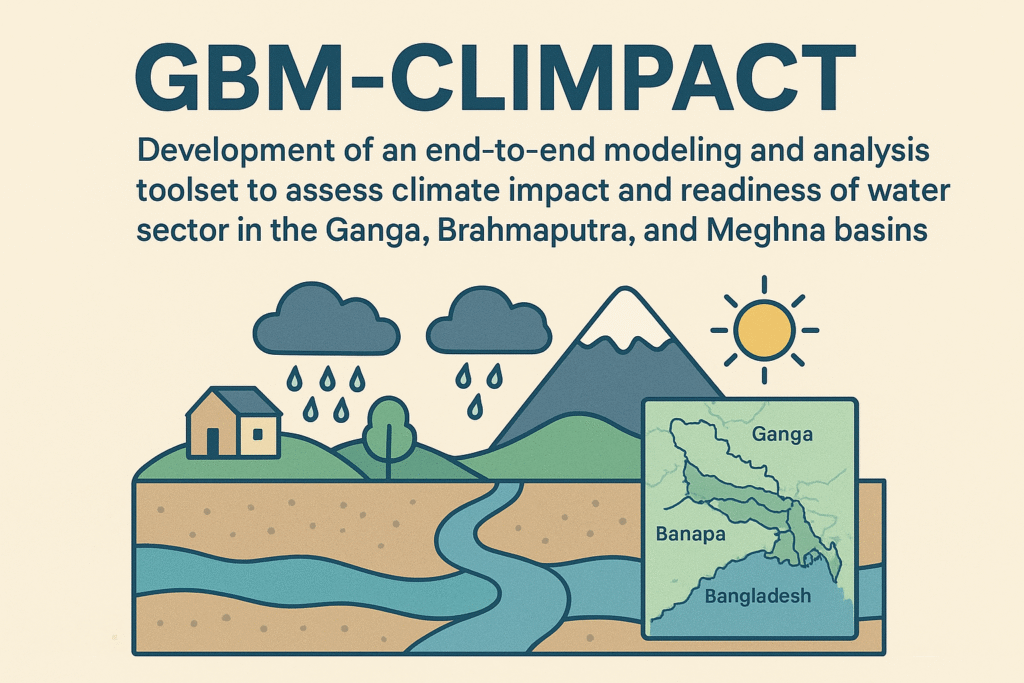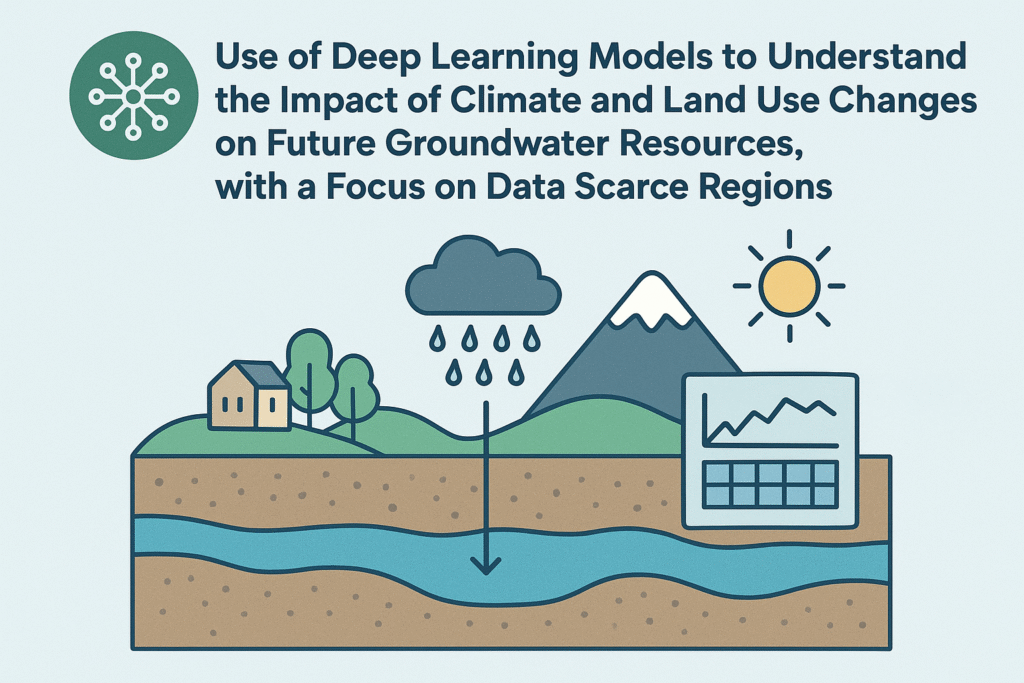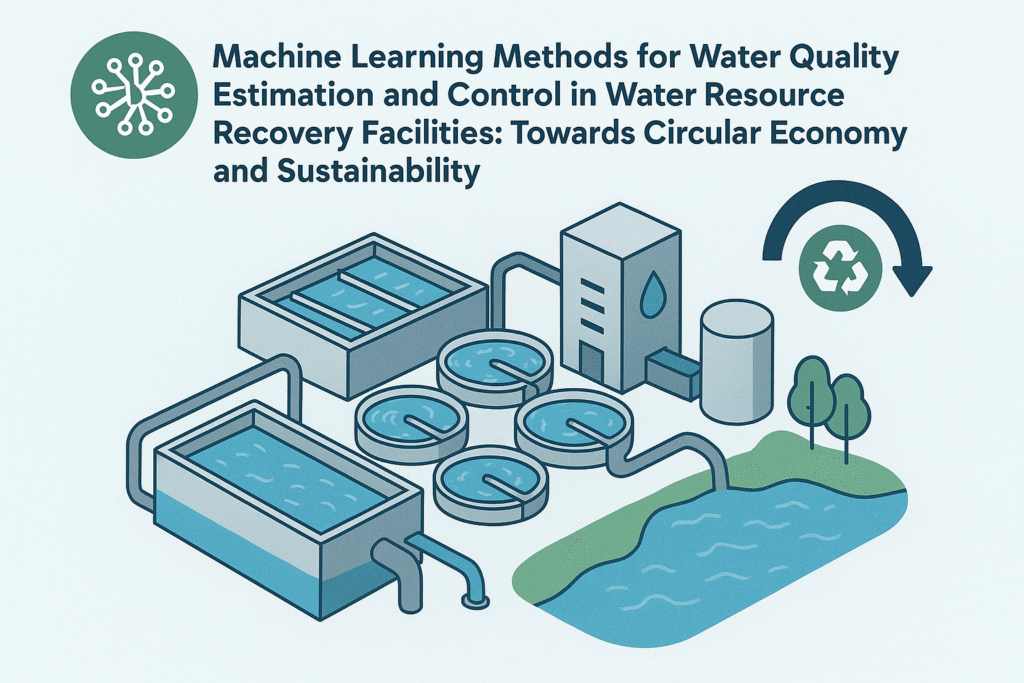ABOUT THE PROJECT
This project strives to develop a rapid and robust sensor technology to identify Cryptosporidium, a pathogen found in water in Canada and India.
NOTABLE ACHIEVEMENTS (November 2016)
- Researchers have developed an innovative capture and detection unit for early detection of the Cryptosporidium pathogen in water.
- The novel, portable design and the real-time pathogen detection capabilities have awarded the technology a patent.
- Piloting has been successful and a commercial version of the device is now under field testing.
RESEARCH ABSTRACT
Three to five million people die each year due to consequences of water-related diseases. Water treatment technologies have not been able to prevent such unfortunate events on several occasions. In addition, many small communities have no access to treated water and so remain at risk for waterborne diseases. There is no technology that can be used to directly measure pathogens in the water. Instead, the drinking water industry uses coliforms as indicator organisms or sends samples to a laboratory for protozoan pathogens such as Cryptosporidium. These tests are time consuming and can only confirm the cause of an outbreak because they are not timely enough to prevent it. Early detection of waterborne pathogens can contribute a great deal to the prevention of epidemics in both developed and developing countries. Early warning systems will help to increase the level of public trust and reduce the economical burden of such outbreaks. In this research, a rapid, robust and sensitive technology is developed to detect harmful species of a certain waterborne pathogen, i.e. Cryptosporidium. The technology will be tested in different locations in Canada and India to determine its applicability and level of performance. During the development of the proposed technology, the requirements devised by water regulators in each area will be addressed, satisfying the adaptability of the methodology to the local demands in Canada and India. Upon completion, the proposed detection techniques will improve the Canadian and Indian standards for water quality monitoring, providing the communities with safer water sources to consume.
Project Team
Dr. Mina Hoorfar, University of British Columbia
Dr. Deborah Roberts, University of British Columbia
Dr. Krishna Khairnar, CSIR – National Environmental Engineering Research Institute (NEERI)
Partners
University of Hyderabad
University of British Columbia
Khulna University
City of Kelowna
Black Mountain Irrigation District
Current Number of Students: 38
Key Outcomes
Publications: 35
Presentations: 1
Patents: 1



